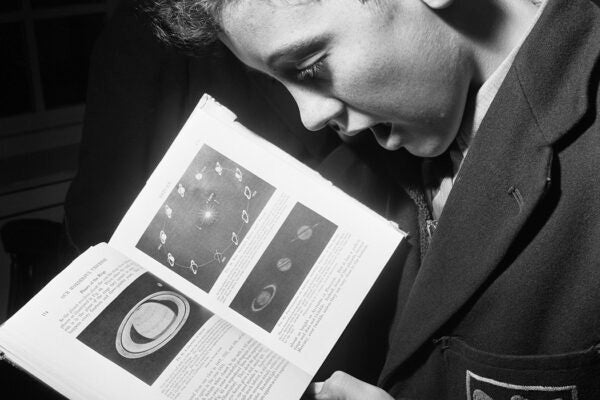We can always count on peer-reviewed experimental science to give us surprising insights about the world. Take a 2012 psychology study, conducted by no fewer than nine researchers, which discovered that drinking alcohol can be fun.
O.K., that might not sound like an earth-shattering conclusion. But the team, led by Michael A. Sayette of the University of Pittsburgh, pointed out that many previous studies had found no statistically significant mood improvements when people drink. That’s largely because they typically studied drinkers in isolation. “It is unsurprising that, without considering social context, investigators have struggled to explain effects of alcohol on affect and the mechanisms underlying these effects,” they write.
Sayette and his colleagues recruited 720 healthy 20-somethings and divided them into groups of three. Some groups received cranberry-vodka cocktails containing a moderate dose of alcohol, customized for their weight and sex. Others were put into a control group that was given cranberry cocktail alone. They were told they would not be drinking alcohol. A third “placebo” group got a non-alcoholic mix of cranberry cocktail and flat tonic served in glasses smeared with vodka to encourage them to believe they were drinking. This apparently worked, since placebo group participants reported afterward that they believed they had consumed alcohol, though less than the real drinkers did.
The researchers told participants that the study was designed to see how they completed tasks after finishing their drinks. But, actually, the researchers’ purpose was to watch people’s behavior as they sat together and consumed their drinks.
Sayette and the other researchers recorded the participants on video and then coded their facial expressions and conversation patterns. In particular, they watched for “golden moments” in which all three group members displayed a “Duchenne smile“—the kind that engages the eyes as well as the mouth, understood to convey real happiness.
Compared to both the control and placebo condition, participants drinking alcohol smiled more, talked more, and had fewer negative facial expressions. At the group level, the drinkers had more “golden moments” and more “triadic sequential-speech events”—meaning that each of the three group members spoke in succession. Previous research has pointed to the importance of this kind of behavioral coordination in developing social bonds.
Weekly Newsletter
It might seem a bit silly to devote so much time and effort to showing that drinking helps people talk and laugh more freely. But Sayette and his colleagues point out that this rigorous study of the way this looks in a controlled setting could pave the way for future research on how personality, genetics, and other factors influence people’s responses to alcohol within the social contexts that usually surround drinking. And these findings could provide tools for fighting alcohol-related disorders.
It also gives us some new language to discuss our weekend plans. So, if you’re so inclined, feel free to share some Duchenne smiles and triadic sequential-speech events with new friends over a few beers this weekend!







